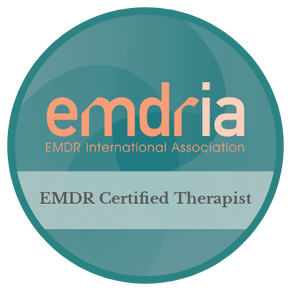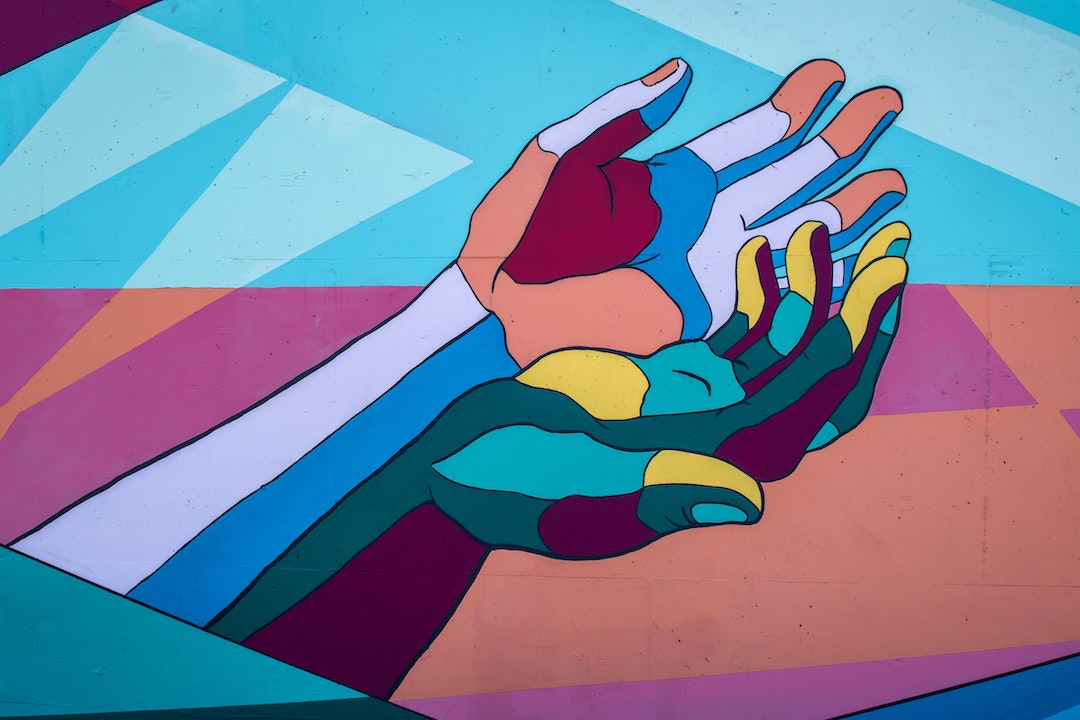 Photo by Tim Mossholder on Unsplash I've been interested in doing more podcast interviews recently because I enjoy having conversations about therapy and creativity. I've noticed how exhilarating and terrifying it can be to launch my voice into the world. It's different than a one-on-one discussion, like I'm used to in a therapy session. It's also different from public speaking, where only a certain number of people hear what I have to say. A podcast can be beamed just about anywhere, and anyone can listen to (and have opinions about) what I have to say. Yikes.
My latest interview was with FIVE Minute Bark (although my episode is 20 minutes long, that's still a clever title!). I was surprised to realize this was the first interview I've done that focuses on EMDR therapy (Eye Movement Desensitization and Reprocessing). It was great to get the chance to chat about what I do in sessions and delve into what EMDR therapy is. I felt nervous being a representative of sorts for EMDR, even though I am trained, have been practicing it for several years, and am in the process of completing my EMDR certification. Hello, imposter syndrome! How did I deal with this imposter syndrome? First, I thanked the part of me that was feeling scared. I thanked it for trying to protect me. And, knowing this part probably came from a younger place, I reminded it I also have an adult part that has gained many resources, skills, and experiences over the years. I invited the younger part of me to go play and have fun, knowing the adult me could handle whatever comes up. You can find my latest podcast interview here. I hope it's helpful, and if you have any questions about EMDR or anything else, please feel free to contact me and schedule a time to chat. I've been watching a YouTube channel a lot recently called TwinsthenewTrend. I enjoy it for many reasons, one of them being the entrepreneurial spirit of its originator, Timothy Williams. Timothy and his twin brother, Fred, are 22-year-olds who live in Gary, Indiana. In their videos they react to hearing certain songs for the first time from all kinds of music genres they weren't familiar with, including jazz, blues, rock, and country.
Watching someone respond to music may seem as exciting as watching paint dry. Yet these two brothers are so sincere and engaged in the process, it almost feels like I'm hearing these songs for the first time along with them. It's addicting, and it's one of the only things bringing me true, joy right now in the middle of a pandemic. The reason I feel inspired by Timothy in particular is because of his dedication to authenticity and his desire to achieve his goals. Especially in the earlier videos, he talks about doing things his own way and being true to himself and his vision. He and his brother have transformed their channel from a personal project to a 350,000-plus-subscriber behemoth in the span of one year. And they're only getting started... Which brings me to my recent podcast interview with Lindsay Bryan-Podvin of Mind Money Balance. In the episode I talk about the challenges of finding my own way with my therapy business and sticking with it. I also acknowledge the privilege and support I've had from my partner and others in building my business and achieving my goals. I hope you find the episode inspiring (it was a lot of fun to record!). Please feel free to reach out if you have any questions or want to chat about niching or marketing, whether you're a creative person, a therapist, or both! Three years ago I wrote a blog post about how some white therapists view their role in discussing issues of race with clients. I thought this would be a good time to revisit the idea.
Race is built into who we are as Americans. Even when we don't notice it, it is there. I strongly believe it is appropriate to bring up in therapy because I also believe we as therapists should be treating the whole person, not just particular parts. And I also believe we have a responsibility to the greater society to address difficult issues. I know I can do better myself, and there is always more to learn and do. The Light Stream exercise was created by Francine Shapiro, the founder of EMDR, in 2001. I recorded a version of this exercise recently and am happy to share it here — I hope it helps bring you a sense of peace of calm to allow you to continue to do what's important to you in life.
What a difference two months makes.
The photo on the left was taken Feb. 12 in my therapy office in San Diego. The one on the right is from April 24. I stopped seeing clients in person March 12. I moved out of my office permanently May 9. For the time being, I am now an online-only therapist seeing clients from my home. Wut. 😳 I loved my office. I LOVED my office. After moving in a year and a half ago, I wanted to spend all of my time there. It was my biggest creative project ever, and I never took it for granted. It was a joy to create a space I hoped would feel safe and comfortable for my clients. A friend said being in my office felt like relaxing in a garden. To me it was like being immersed in an underwater oasis – all blues and teals. I loved it. And then the pandemic hit. About a month later, a colleague mentioned she was looking for a full-time office space to conduct online therapy sessions — having roommates and a cat wasn't conducive to her home office. Even though I haven’t known this friend very long, I immediately realized she would love my space. It was meant for her, and offering it to her seemed like the best thing to do. It also seemed like the worst thing to do. Another part was very much like: “What?!?! Why would you do that? You love your space. You've worked so hard for it." There were tears, there were consultations, there were responses during those consultations that looked like this: Them: Well, it sounds like you’ve already made up your mind about your office... Me: Yes, I think you’re right but, Noooooooo!!!!! I allowed myself to grieve and let go, and it was all because of these reasons:
My therapy couches went to a good friend, and they now look spiffy at her place. I know she will respect all of the emotional hard work that happened on those sticks of furniture. And that’s all that my office was in the end – couches, lamps, artwork, tea kettle, teddy bear. Now I have lots of cool stuff I get to enjoy in my home, in a different context. There is one thing that hasn't changed. Early on in the quarantine when my clients and I first started meeting online, I reminded them that they were still them and I was still me. The most important part of therapy – our relationship – remained intact. Nothing will ever change that. I may decide to have an office space again one day. Or maybe I’ll meet with clients occasionally in the park for walk-and-talk sessions if and when it’s safe to do so. In the meantime, I’ve been able to do some good work online – even EMDR reprocessing has been effective over video, much to my happy surprise. As a friend advised me when I was making my decision whether or not to keep my office, right now it’s important to have the ability to adapt. It feels strange not being able to make plans for the future of my life or my business because no one knows what the future holds. But we we're all trying our hardest and making decisions with the information we have on hand at the time. It’s the best we can do. I was recently invited to write a story for my local newspaper, The San Diego Union-Tribune. I was honored to be able to have the opportunity to reach out to the community during this time of global pandemic, when connecting with others has become complicated. I decided to focus on the topic of grief in my story. It may seem confusing to be grieving right now, especially if no one you know has died from coronavirus. Yet grief and loss can come in many forms. If you are an arts lover, for example, you may be feeling sorrow over the shows you're now missing and the artists you had wanted to support. Or maybe you are missing out on your own opportunities to perform or participate. I would encourage you to allow yourself to experience these feelings. They may hurt. It may feel like the sorrow will never end. The funny thing is, though, when we tell the truth — particularly the truth about our emotions — the truth tends to shift. Feelings are meant to be experienced, listened to, shared when appropriate, and acted upon. Creativity is a wonderful way to express your truth right now. This crisis will end one day. Until then, be easy with yourself and others. We're all doing the best we can. And we're all truly in this together. P.S. My full article can be found here. I recently was interviewed on two different podcasts about the benefits of creativity to mental health — Unapologetically Sensitive, and Design Your Dream Life. I hope you find them interesting and inspiring. Enjoy!
The subtitle of Julia Cameron's book "The Artist's Way" is: "A Spiritual Path to Higher Creativity.” This means she talks about God. Kind of a lot. In my experience leading Artist’s Way groups, first as a coach and later as a therapist, participants have had varying responses to the use of the G-word in the book. For some, thinking about God in the context of creativity feels uncomfortable and too restrictive. For others, the way Cameron describes God in the book is much too lenient for their taste. Cameron says the letters G-O-D can stand for “good orderly direction.” I would call it “flow.” Some people use “Universe” as a substitute for God. And for some it’s impossible to separate the word “God" from, well, God. What does it mean to embark on a spiritual path to higher creativity? The answer is as different as each individual’s definition of spirituality. For me, it’s about values. Do I value being rich and famous over authentic artistic expression? Or do I value process over product? Or maybe it’s important for me to balance both of those things. What embarking on spiritual path isn’t about, in my opinion, is doing things like everyone else. It’s not about copying and pasting and calling it art. It’s about finding my voice and connecting my voice to the larger, universal voice of humanity. That is spiritual for me. It’s difficult to talk about spirituality because it’s more of a feeling than a thing. Yet I know it when I feel it. And in my Artist’s Way groups I try to foster a sense of belonging, peace, and unity. Now if I could only find a good word for that... Join us for the next 12-week Artist's Way Workshop therapy group! This popular offering will help you overcome creative blocks and rediscover your inner artist child. Weekend and weekday options available. More info:
You may choose to pay for the 12-week workshop in full or in two installments:
UPDATE: Rescheduled to a new date & time 2-4 pm Sunday, Oct. 7, 2018 Did you know writer's block is temporary? It sure doesn't feel that way when you're in it. It can be helpful to know others are in the same boat, though. Feel free to join us for the next Unlocking Writer's Block workshop. You will learn more about why you get blocked and how to endure, and even thrive, during the times that feel empty and unproductive. You may gain a new sense of hope and appreciation for your creative process. See you soon! Unlocking Writer's Block With Rachel Moore, LMFT 10 am-12 pm July 8, 2018 San Diego Writer's Ink SDWI members: $30 Nonmembers: $36 Click here to register |
AuthorRachel Moore, LMFT, is a Licensed Marriage & Family Therapy in San Diego, CA. Rachel helps writers, artists, musicians, and other creative types overcome anxiety and trauma. She is certified in EMDR therapy and also trained in Brainspotting. Archives
December 2023
Categories
All
|
Rachel Moore, LMFT
Licensed Marriage & Family Therapist MFT #102826
rachel(at)rachelmoorecounseling.com
www.rachelmoorecounseling.com
619-577-4514
Licensed Marriage & Family Therapist MFT #102826
rachel(at)rachelmoorecounseling.com
www.rachelmoorecounseling.com
619-577-4514
Address:
3232 4th Avenue
San Diego, CA 92103
3232 4th Avenue
San Diego, CA 92103
(Remote video sessions also available for residents of California or Montana)
We are committed to providing a safe, affirming, and inclusive therapeutic space for all ages, races, gender identities, sexual orientations, national origins, relationship statuses, health statuses, disabilities, ethnicities, and religions.
If you are in crisis, assistance is available 24/7 at:
San Diego Access & Crisis Line
888-724-7240
National Suicide Prevention Line
Call or text: 988
If you are in crisis, assistance is available 24/7 at:
San Diego Access & Crisis Line
888-724-7240
National Suicide Prevention Line
Call or text: 988
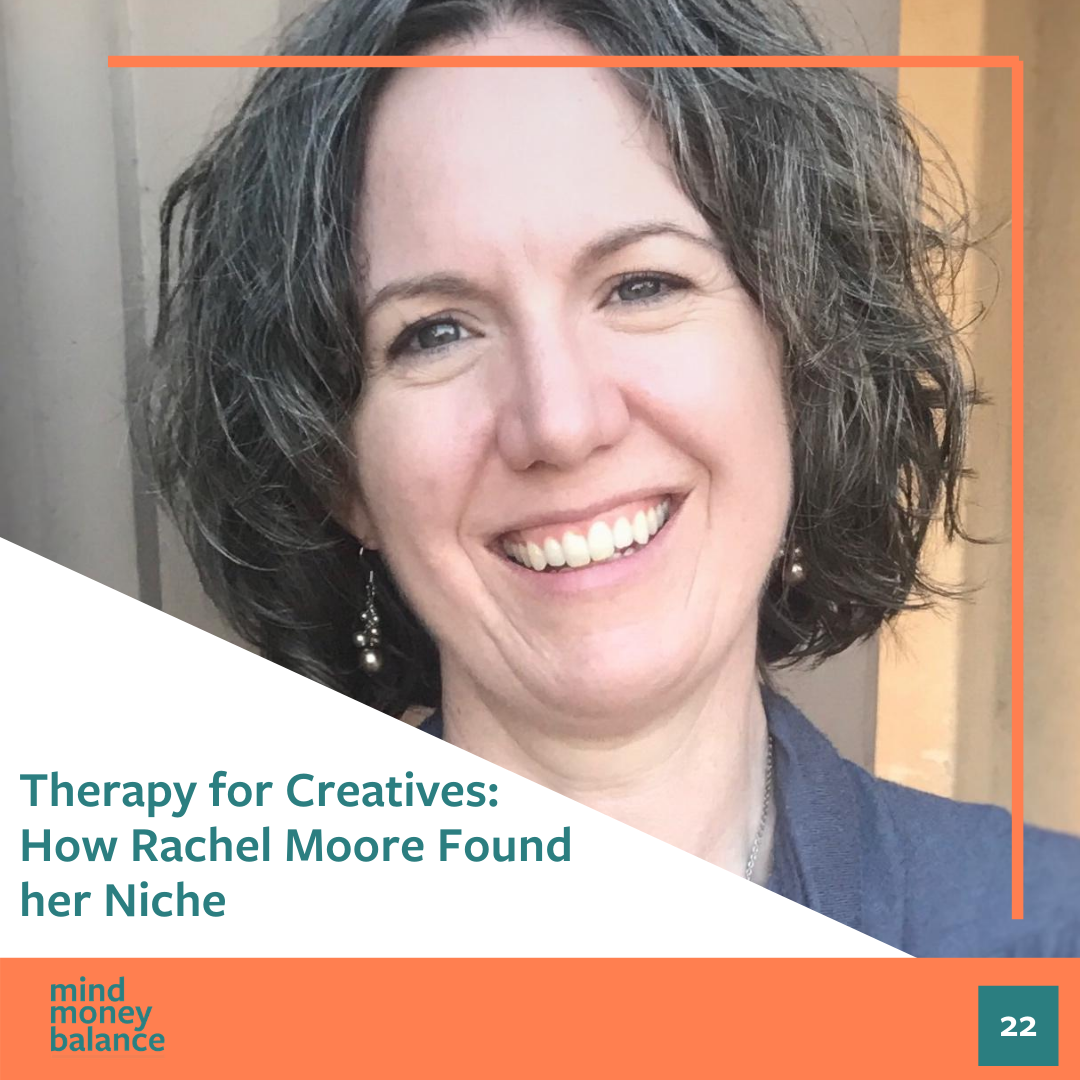
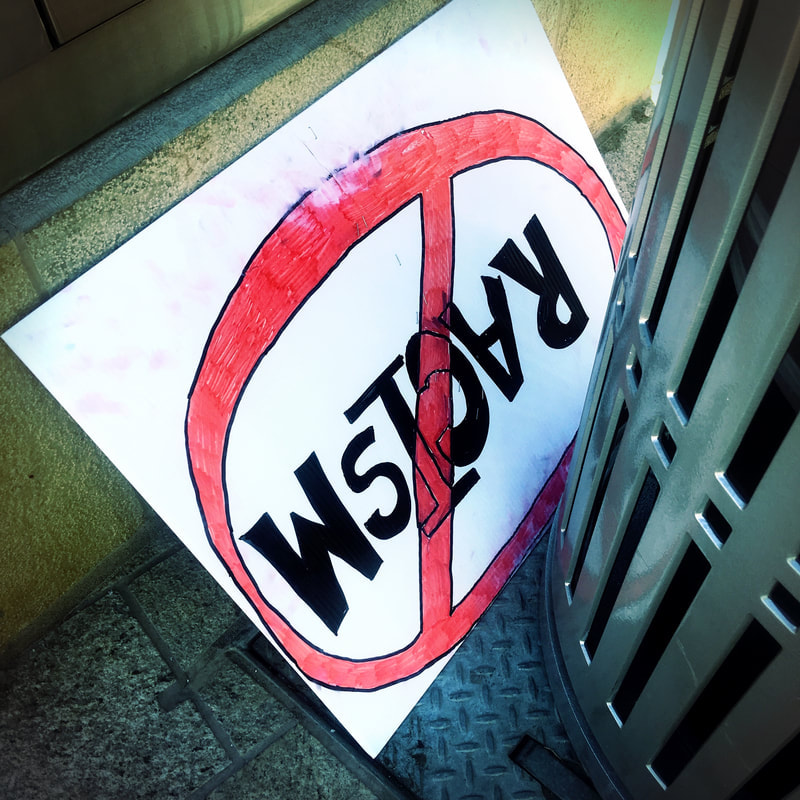

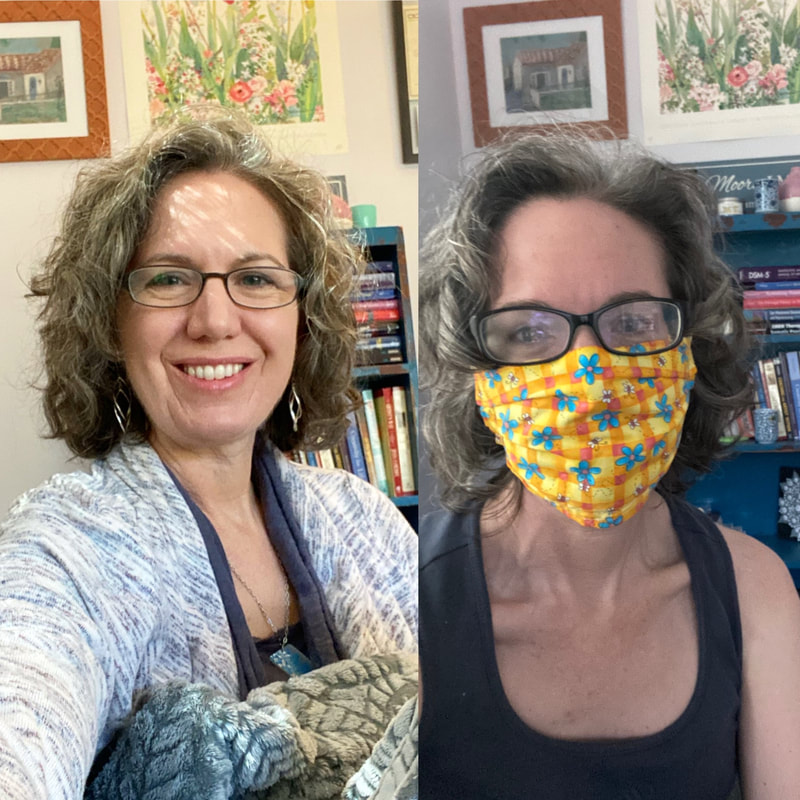
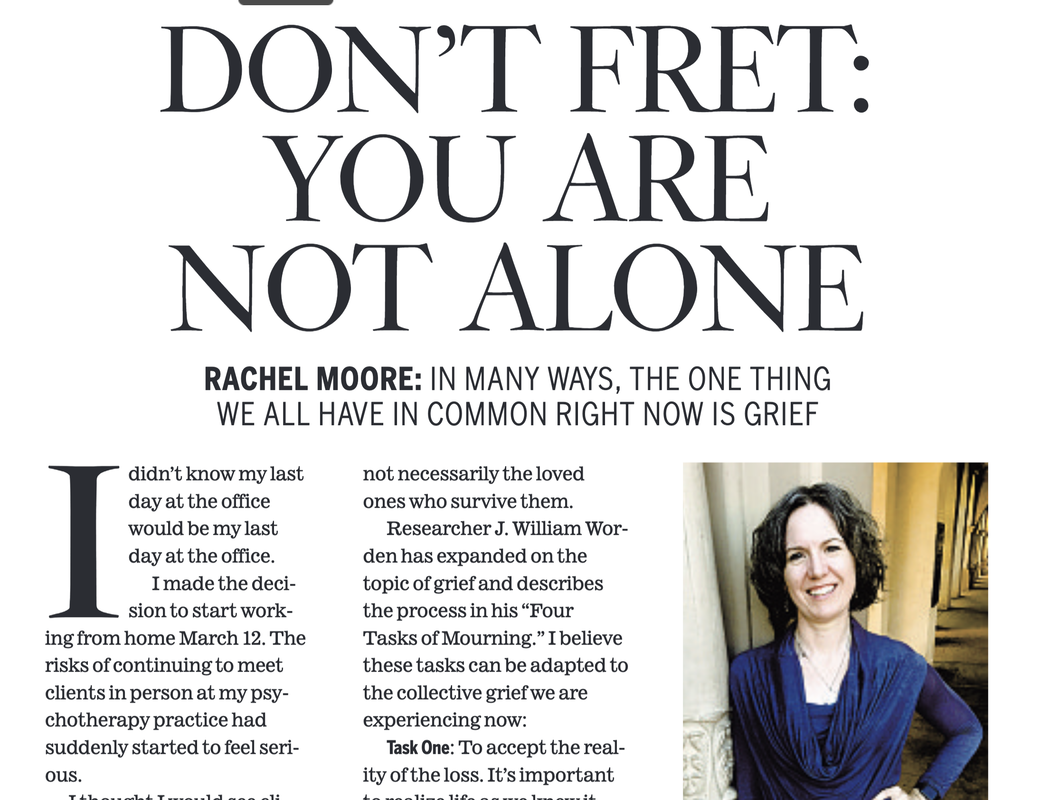
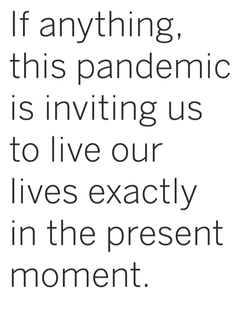
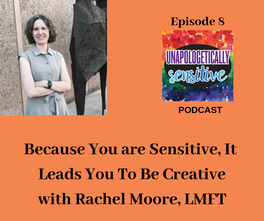
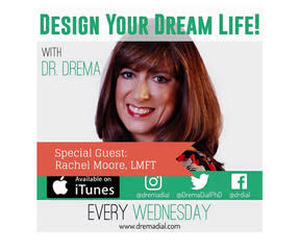
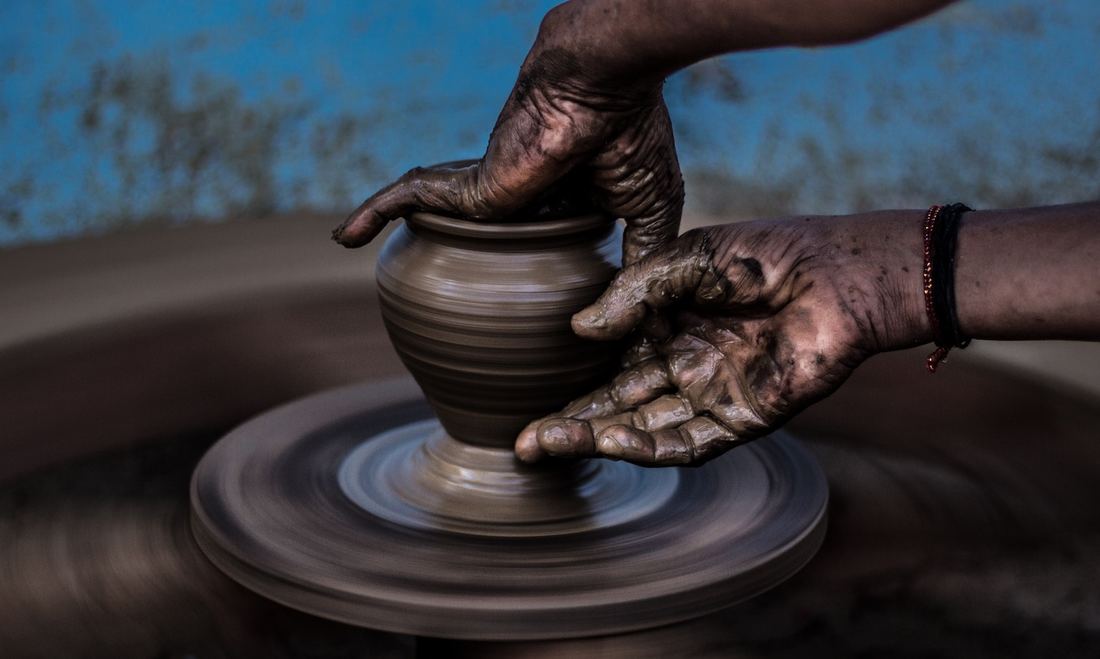


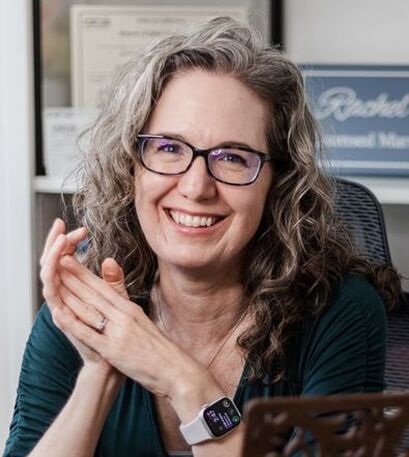
 RSS Feed
RSS Feed
